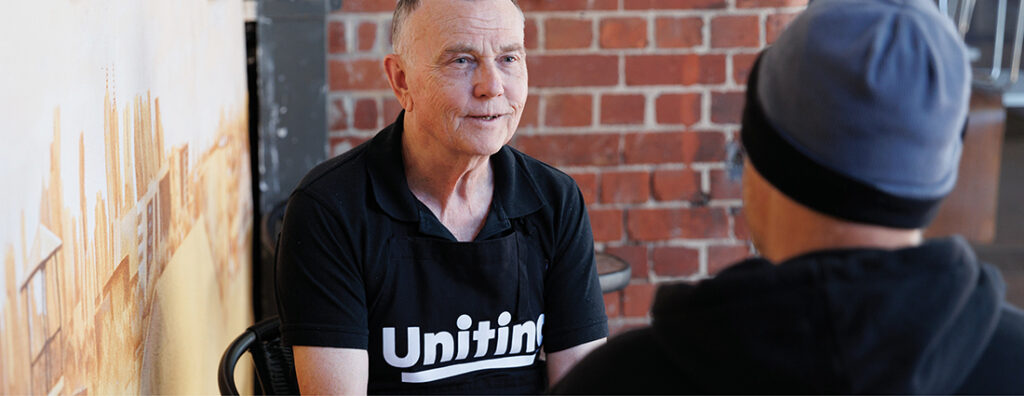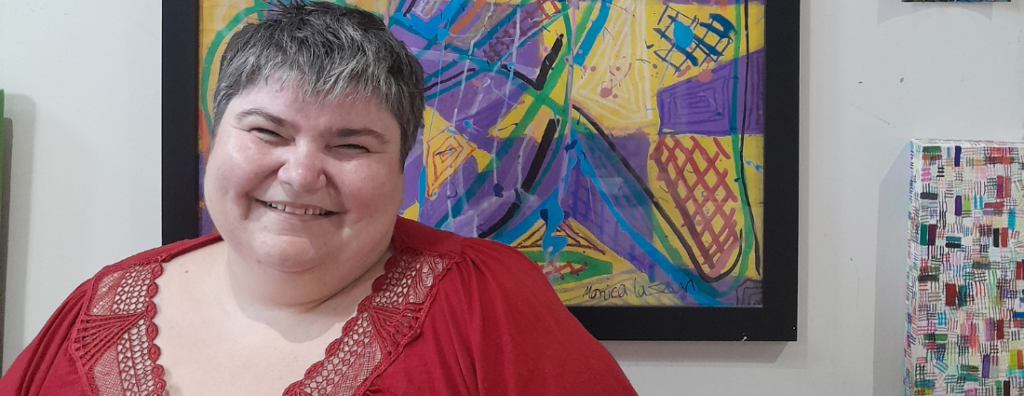Content warning: this story references mental health and suicide. If this story raises concerns for you, please contact:
Lifeline 13 11 14
Respect 1800 737 732
“So many times, people just need to feel listened to.”
Anthony was first inspired to become a Lifeline volunteer by a friend at university.
“When I was a medical student, I had a friend who was always very good at communicating,” said Anthony.
“I was thoroughly impressed by her communication skills; her ability to use silence, reflection and empathy when speaking to patients.
“It turned out she was a Crisis Supporter with Lifeline and attributed her skills to Lifeline.”
Over a decade later, when the pandemic hit, Anthony felt there was no better time to join the Lifeline team.
Anthony now volunteers as a Crisis Support worker.
He supports people over the phone who may be facing a mental health crisis, and those who call asking for advice about a loved one or friend in trouble.
“I truly feel that I am making a difference,” said Anthony.
“My role is to be their ally, to let them know that they are not alone, to acknowledge what they are going through and how it impacts them.
“So many times, people just need to feel listened to. They need to have someone else ‘get it’ and acknowledge the hardship they are feeling.”
Anthony stresses that mental health impacts more than the individual.
“Suicide and depression are huge burdens on not just the individual but also their family and friends,” he said.
“So, being able to play a role where we can alleviate that, we are not only just going to be helping the caller but also their family and friends as well.”
Since volunteering, Anthony has found his outlook on life has shifted.
“This role gives me a lot of perspective on people and keeps me centered. It serves as a reminder to feel grateful for what I have, and to equally recognise when to call out for help.
“I feel very grateful being able to do this role and I always leave work feeling positive. I wish more doctors would do the Lifeline training because the skills gained are immense.”
Anthony explains that mental ill health doesn’t discriminate.
“Mental illness affects everyone and at every age,” he said.
“Feelings of loneliness, isolation and fear are often the key characteristics that drive depression.
“Almost all of us face significant challenges and hurdles sometime in our lives. These can weigh us down impacting not just our own health, but the health of our family and friends who love us.
“Lifeline volunteers are there to form that connection with you. To listen. To hear you without interruption or judgement. To be your ally, to empower you.
“Connecting with someone and helping them to realise they do matter to the world, can be an incredibly empowering and enriching experience for the soul.”
Uniting Vic.Tas is a trusted delivery partner of Lifeline Australia in Melbourne and Ballarat.
Uniting’s Ballarat service began operating in 1971. The service was a developed vision set forth by a band of keen volunteers from the Uniting Church. Today over 1,000 volunteers have helped people in crisis in the Ballarat community over the last 50 years.






